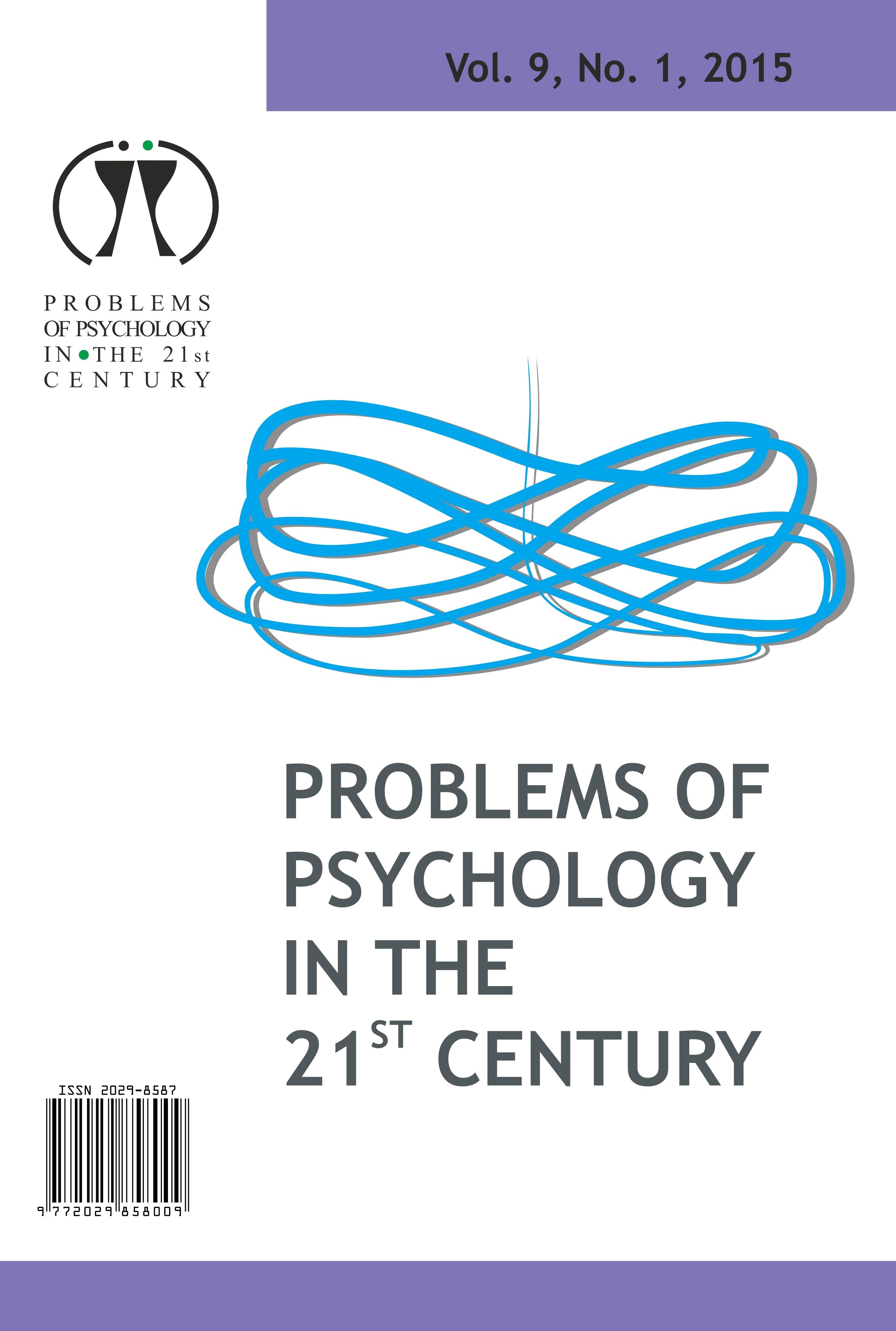DYNAMICS OF DEPRESSION AMONG ADOLESCENTS IN SECONDARY SCHOOLS IN BULGARIA
DYNAMICS OF DEPRESSION AMONG ADOLESCENTS IN SECONDARY SCHOOLS IN BULGARIA
Author(s): Stanislava Stoyanova, Venka PetrovaSubject(s): Psychology, Clinical psychology
Published by: Scientia Socialis, UAB
Keywords: adolescents; anxiety; depression; introversion; longitudinal study; neuroticism; psychoticism;
Summary/Abstract: Depression becomes more and more typical for adolescence. The study of dynamics of depression during the teenage years is important for differentiation of the most vulnerable periods for development of depression in this age and to be pointed out some factors that could contribute to triggering, preventing or recovering depression. This study of dynamics of depression was based on Developmental theories of dynamics of depression that relate depression to some vulnerable age groups and on the theories that relate dynamics of depression to one or more factors that trigger depression in different stages of human life. Depression in Bulgarian high – school students was compared at the beginning and at the end of the school year in a longitudinal study. 360 Bulgarian secondary school students from 9th to 12th grade were studied twice - at the beginning of the school year 2013/2014 and at the end of this school year. Several methods were used - Zung Self-Rating Depression Scale, Zung Self-Rating Anxiety Scale, and Eysenck Personality Questionnaire. A model of dynamics of depression at upper school age in Bulgaria has been suggested. According to this model, depression slightly increases from the beginning to the end of the school year being differentiated by the types of the schools at the beginning of the school year and by the interaction of the types of schools, gender and grade at the end of the school year. Some of its correlates (anxiety, extraversion/introversion, neuroticism, and psychoticism) and social determinants (gender, school grade, and types of schools) were found. The interventions focused on diminishing anxiety, neuroticism (for example by meeting students’ expectancies) and psychoticism (developing empathy and altruism), and increasing extraversion (better communication, social support) could be effective for diminishing depression throughout the whole school year. Motivating students for participating in more extra-curriculum activities related to the students’ plans for further realisation in universities and workplace would be useful for diminishing students’ depression as the experience of special education schools indicate.
Journal: Problems of Psychology in the 21st Century
- Issue Year: 9/2015
- Issue No: 1
- Page Range: 26-44
- Page Count: 19
- Language: English

